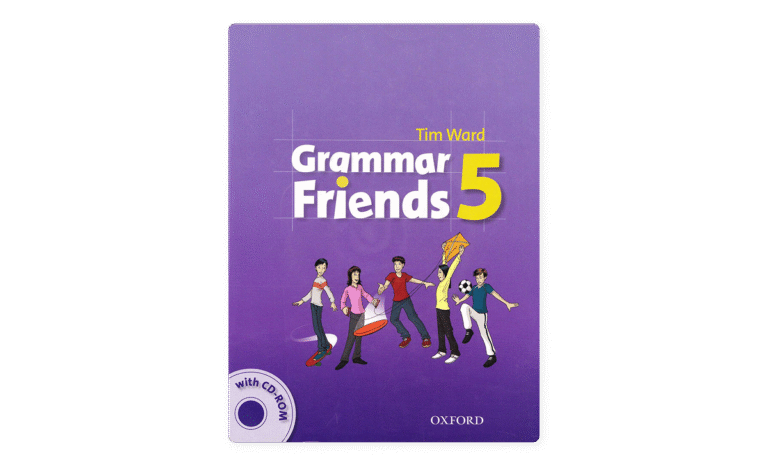Topic: Crime & Justice, School | Difficulty: Medium
- Quiz
- Script
You there, second desk of blue jacket. What is your name?
My name is Alexis.
Alexis, please leave my lecture room. I don’t want to see you one of my lectures ever again.
I don’t understand.
I am not going to ask a second time. Thank you.
Why are there laws? What are laws for? Anyone?
Social order? To protect a person’s personal rights? So that you can rely on the government? Justice?
Thank you. Tell me, was I unfair to your classmate just now? Indeed, I was. So, why didn’t any of you protest? Why didn’t any of you try and stop me? Why didn’t you want to prevent this injustice? You see, what you have just learned, you wouldn’t have understood in a thousand hours of lectures unless you lived it. You didn’t say anything because you weren’t affected yourself. And this attitude speaks against you and against life. You think it doesn’t concern you, so it’s none of your business. Well, I’m here to say if you don’t help bring about justice, then one day you too may experience injustice and there will be nobody there to stand before you. Truth and justice lives through us all and we must fight for it because in life and work.
I mean we often live next to each other but not with each other. We console ourselves that the problems of others are nothing to do with us, none of our business and we go home glad at night that we’re spared. But it’s about standing up for each other. Every day an injustice happens in business, sport or on the tram. Relying on someone else to take care of it is not good enough. It is our duty to be there for others to speak up for others when they cannot. I am here to teach you the power of your voice, I want you to learn critical thinking to empower you to stand up for what is right, even if it means going against what everyone else is doing. Let’s begin



